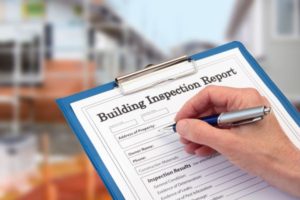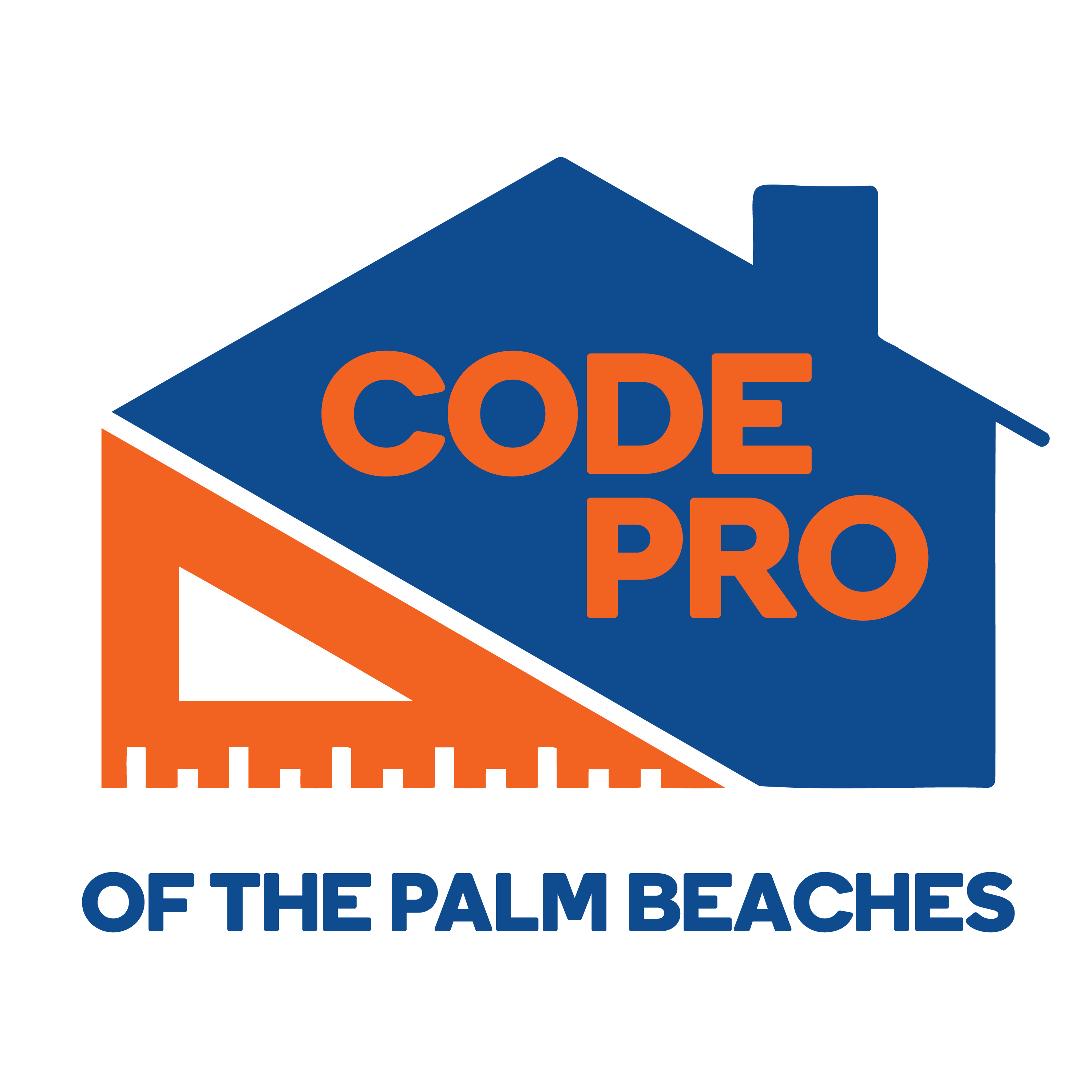Local governments increasingly using quasi-judicial proceedings to enforce zoning and land use regulations, and understanding administrative enforcement procedures is crucial for Florida property owners and businesses.
Local Government Enforcement Authority
Florida’s statutory scheme governing local code enforcement procedures is divided into two separate parts under Chapter 162 of the Florida Statutes. There is no statutory provision prohibiting local governments from enforcing their land use development and zoning regulations by other means. Section 162.13 provides that Chapter 162 are supplemental procedures for local governments to achieve code compliance and are therefore intended “to provide an additional or supplemental means of obtaining compliance with local [government] codes.”
 Have you been served with code violations or property liens? Streamlined Permitting and Project Management in Palm Beach County streamlined Permitting and Project Management in Palm Beach County
Have you been served with code violations or property liens? Streamlined Permitting and Project Management in Palm Beach County streamlined Permitting and Project Management in Palm Beach County
Penalties and Fines
Local governments frequently utilize such quasi-judicial code enforcement proceedings under Chapter 162 to prosecute alleged violators and assess civil penalties or per diem fines for code enforcement violations. If a per diem fine is inadequate in light of the various facts or circumstances, other means of code enforcement may be initiated to adequately correct or abate various unsafe and/or unsanitary conditions on real property, or violations that endanger public health, safety, or welfare. See Fla. Stat. 162.21.
“Supplemental” Methods of Enforcement

In addition, other common “supplemental” methods of enforcement utilized by local governments include requests for temporary or permanent injunctive relief, quasi-judicial proceedings arising from unsafe or unsanitary buildings, ordered demolition of such unsafe structures or public nuisances, along with a variety of other alternative civil causes of action available for local governments under applicable state and local laws. City of Jacksonville v. Blue Stone Constr., Inc., 48 So. 3d 941, 942 (Fla. 1st Dist. App. 2010) (injunctive relief appropriate for a structure that violated a provision of the City of Jacksonville’s code because it was unsafe and endangered “‘the public health, welfare, or safety of the community”’).
- Code Enforcement Notices & Other Procedural Requirements
Unlike a circuit court civil action for declaratory judgment, there is no right to discovery in an administrative quasi-judicial code enforcement proceeding, whether appearing before a special magistrate or local government’s code enforcement board. The City of Key West, Tree Comm’n v. Havlicek, 57 So. 3d 900, 902 (Fla. 3d Dist. App. 2011). Unless and until a local government elects to initiate a civil action by filing a separate complaint in circuit court, neither the formal rules of evidence nor the Florida Rules of Civil Procedure generally apply.
While these code enforcement proceedings differ from a typical criminal or civil proceeding, administrative local governmental proceedings must satisfy fundamental fairness and due process concerns by providing alleged violators with reasonable notice of a violation, a hearing date, and an opportunity to be heard before a neutral arbitrator. Keys Citizens for Responsible Gov’t, Inc. v. Fla. Keys Aqueduct Auth., 795 So. 2d 940, 948 (Fla. 2001). Accordingly, Section 162.12 requires that all notices be sent to an alleged violator by certified mail to the address listed in the tax collector’s office for tax notices, the address listed in the property appraiser’s database, or to “any other address it may find for the property owner.” Id.
Other Limitations on Local Government Code Enforcement
Local government code enforcement officials are not permitted to enter onto any private commercial or residential real property to secure and assure compliance with code enforcement regulations without the consent of the owner, operator, or occupant of the premises absent a duly issued search warrant or an administrative inspection warrant.
Palm Beach County Property Issues? Made Easy: We Fight for You, You Get Results.
At Code-Pro of The Palm Beaches, customer service is more than just words. We’re a family-owned business built on a foundation of honesty, clear communication, and a relentless pursuit of getting the best outcome for our clients. Your Local Permitting Experts: 30+ Years of Palm Beach County Expertise: Our team of experts understands the intricacies of local building codes, permit fees, and project requirements. Hands-On Approach: We handle everything for you, from initial paperwork to coordinating with local agencies, eliminating delays and securing approvals quickly. Fighting for Your Property: Facing code violations, liens, or fines? We act on your behalf, working towards removals, reductions, and the most favorable resolution for your project. Experience the Code-Pro Difference: We’re committed to exceptional service, earning the trust of our clients, and fueling our growth through word-of-mouth. Let us handle the complexities while you focus on your vision. Contact Code-Pro Today! Get your project approved with less hassle and achieve a satisfactory outcome. We’ve got your back every step of the way.




